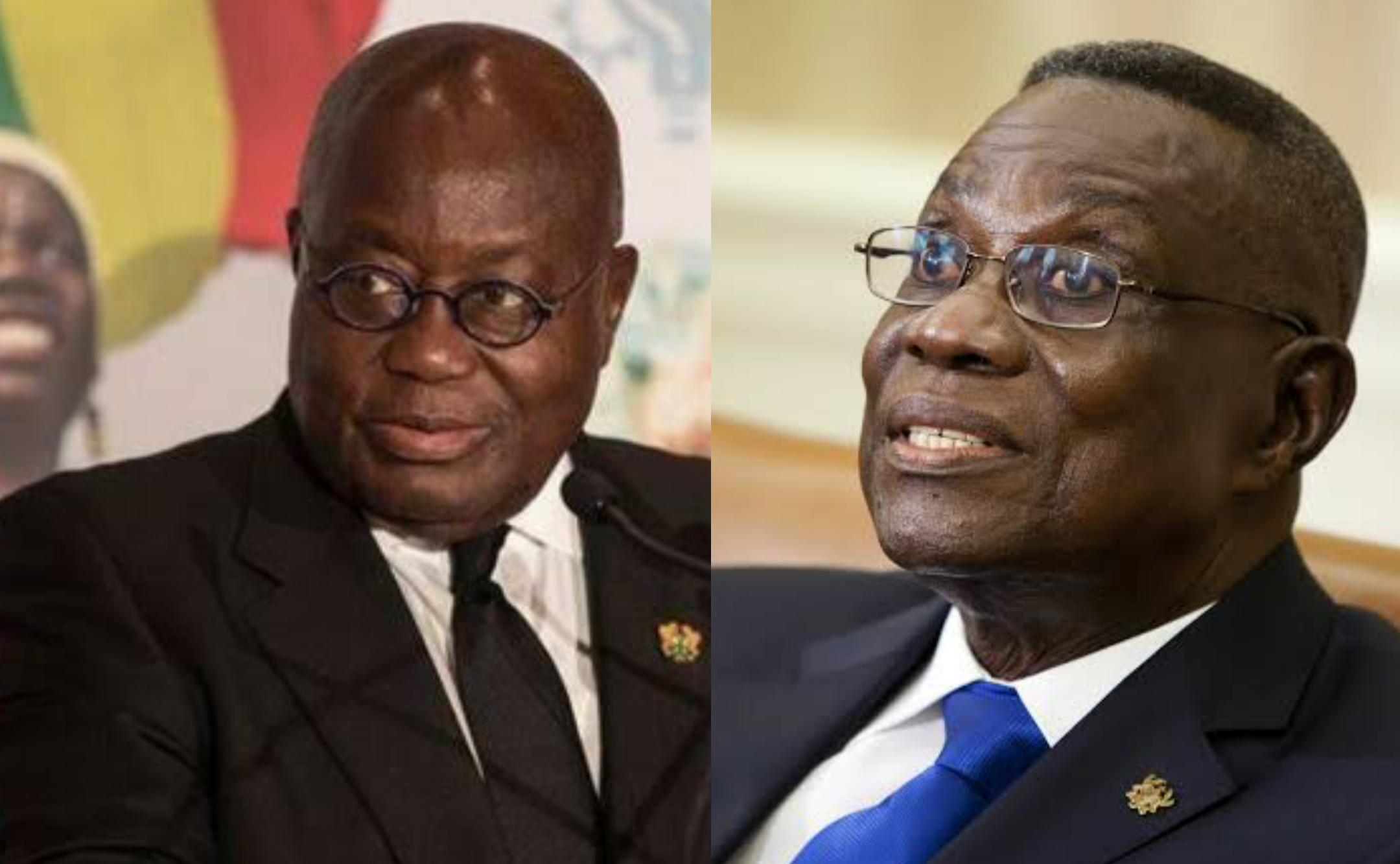It was like Oti was waiting for me to break the silence as we pulled out of the hotel on Saturday night.
I did.
“So you guys are having your election this Monday, who will win?”
Oti took the cue.
“Do you know something? Akufo Addo will win hands down.”
My Uber driver, Oti, is from Ghana’s Ashanti region, situated in the southern part of the country and the third largest of the 16 administrative regions. He says he is not going to vote in the election because the politicians are all the same: they are corrupt.
“Let me tell you something? Akufo Addo lost the election two times. But he won on the third one. Do you know what he then did? He appointed 125 ministers. 125! For small Ghana.”
Ghanaians will file out on December 7 to elect or re-elect a new president. It is the eighth consecutive election since the return of democracy in 1992. More than 17 million voters had been registered to cast their ballots across 33,000 polling stations.
To an outsider watching on TV, it’s a two-horse race between the incumbent, President Nana Akufo Addo, 76, of the New Patriotic Party, and former president, John Mahama, 62, who belongs to the main opposition, the National Democratic Congress. But there are 10 other candidates, including three women. One of them is the widow of former president Jerry Rawlings. And there is an independent candidate – Alfred Walker, 64, a design engineer.

The electorate will also choose 275 members of parliament across the 16 regions.
Over the past decade, Ghana’s political landscape had mirrored that of Nigeria: an incumbent president died in office; his vice finished his term, got elected; and then failed to be re-elected.
As we zoomed past the intersection on Independent Avenue and ascended a bridge, the street lights cast a shadow inside the dark taxi. I could make out the silhouette of Oti’s face; it had a vaguely fixed expression.

He kept talking.
“Do you know something? Dramani was president for more than four years, we were having Dumsor, darkness for 12 hours, have light for only six hours…. experiencing light-off like Nigeria.”
The deriding of Nigeria by a foreigner awakened – as is wont for a lot of Nigerians when they are outside Nigeria – my defensive tentacles. But I remembered the goat meat that got bad in my freezer last week, due to a power outage that lasted nearly two days. I opened my mouth and yawned.
It’s not my first time in Ghana and I have a few friends here. But Oti seems a different breed. He has a love-hate relationship with President Akufo Addo. His face lights up when he speaks about his achievements and contorts with disgust when he switches to politicians and their avarice.
“Do you know something? The president has tried. He gave free high school education for everyone, whether you’re NPP or NDC. Don’t pay anything, just come to school. He will also feed you.”
On Sunday morning, over a dozen Nissan trucks bearing immigration officials in army camouflage khakis on a show-of-force rolled down Kinbu Street, an overcrowded, dirt-strewn road in the heart of the city. Several of the onlookers screamed ‘2-direct’ as the officers chanted praise and worship songs. ‘2-direct’ is a popular campaign slang for Mr Mahama, who holds the number 2 position on the ballot paper for the 2020 elections.

ALSO READ: Saint or sinner: Rawlings was pivotal to Ghana’s political and economic fortunes
Mr Akufo Addo, a lawyer, holds the number 1 slot on the paper. In the course of his campaign, his supporters brandished four fingers, front and back, on televisions to suggest that the president be elected for another four years. A section of the electorate became confused. Are they suggesting ‘number 4’ on the ballot? Ivor Greenstreet, the 54-year-old lawyer and presidential candidate of the Convention People’s Party, is number 4!
Ghana is largely seen as one of Africa’s rising stars, a reason why it must prove the bookmakers right in its general election. The West African country has succeeded in achieving bragging rights over its underperforming ‘big brother,’ Nigeria: in crude oil and mineral resource governance, power generation, and of course, the electoral process, among others.
When I arrived at Accra’s Kotota International Airport, the time it took from disembarking from the aircraft to taking and getting the result of my Covid-19 test was 29 minutes (I filled the Ghana Health Survey form online before the flight).

Later, I visited the Bureau de Change with $100 and returned with C580.
Two decades years ago, I’d have been needing Ghana-must-go bags to pack C500 billion.
As he dropped me off at Osu Avenue Extension, I made one last-ditch effort at convincing Oti to perform his civic duty. I told him that if more Ghanaians like him decide to stay away from the election, the president, even with all the good things he had done, might lose.
The driver chuckled.
“Do you know something? That’s not possible.”
Support PREMIUM TIMES’ journalism of integrity and credibility
Good journalism costs a lot of money. Yet only good journalism can ensure the possibility of a good society, an accountable democracy, and a transparent government.
For continued free access to the best investigative journalism in the country we ask you to consider making a modest support to this noble endeavour.
By contributing to PREMIUM TIMES, you are helping to sustain a journalism of relevance and ensuring it remains free and available to all.
Donate
TEXT AD: To advertise here . Call Willie +2347088095401…


